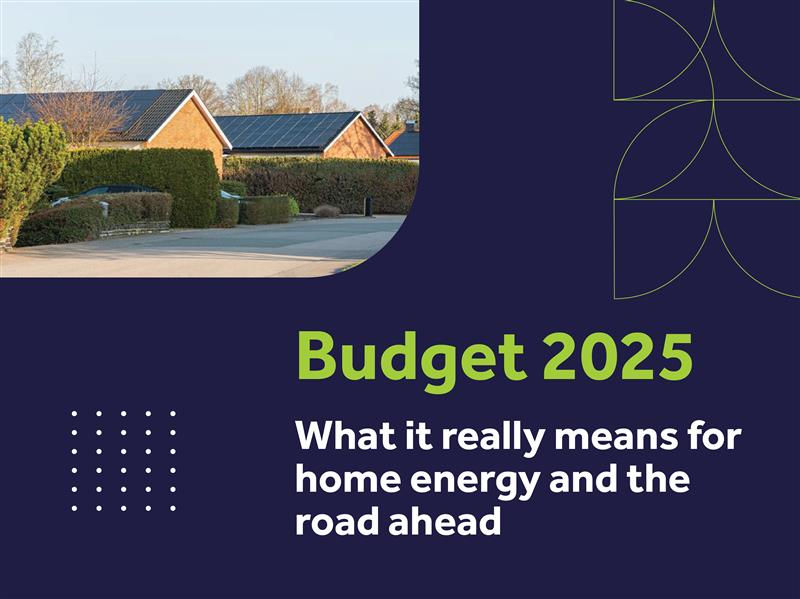Upgraded energy efficiency: what’s in it for landlords?
- Ross Jones

- Mar 6, 2023
- 2 min read
Improving energy efficiency of properties can benefit landlords in many ways, including legal compliance, cost savings, increased demand, environmental stability and tenant satisfaction.
Here’s why:
Legal requirements
It has been proposed that Landlords should be legally required to ensure that their properties meet certain energy efficiency standards. Part of the proposal is that from April 2026, it will be illegal for landlords to rent out a property with and Energy Performance Certificate (EPC) rating of less than Band C, unless an exemption applies.
Cost savings
Improving the energy efficiency of a property can lead to significant cost savings for both the landlord and the tenant. This is because energy-efficient properties require less energy to heat and power them, resulting in lower energy bills.
Increased demand
Properties with higher energy efficiency ratings are likely to be more attractive to tenants, as they offer lower energy bills and a more comfortable living environment. This can help to increase the demand for the property and reduce void periods.
Environmental benefits
Improving the energy efficiency of a property can help to reduce carbon emissions and contribute to the fight against climate change. Landlords have a responsibility to reduce their carbon footprint and contribute to a sustainable future.
Better living conditions
A property that is well-insulated and has efficient heating and lighting systems can provide a more comfortable loving environment for tenants. This can lead to better tenant satisfaction and retention, reducing turnover and associated costs.
What is MEES?
MEES, or Minimum Energy Efficiency Standards is a set of government instituted guidelines for landlords of domestic private rented properties to bring their properties’ EPC Band in line with the minimum legal requirement.
The new changes to the MEES regulations may seem overwhelming at first, but there’s no reason to be alarmed because landlords can apply for exemptions if they have the correct documentation in place. These exemptions include:
High Cost Exemption
Devaluation Exemption
7 Year Payback Exemption
Consent Exemption
All Improvements Made Exemption
New Landlord Exemption
Wall Insulation Exemption
Landlord exemption criteria
Each of these exemptions carries their own set of criteria that a property must meet to qualify, and all exemptions last for five years, except when stated less. To apply for an exemption, the property is legally obligated to have a valid EPC and the landlord must register the exemption with the Private Rented Sector (PRS) Exemption Register before it can be depended on.
An EPC F or G rated property that is not covered by the MEES Regulations, will not require an exemption and a property that has been upgraded to a minimum of EPC E, will not need to be registered on the Exemptions Register.
However, if an exempted property is sold or otherwise transferred, the exemption dissolves and the new owner would need to upgrade the property’s energy efficiency or register a new exemption, should they wish to let the property.
Why not let us help you with an updated EPC? The Vibrant approach to EPCs is focused on three key elements which will assist landlords in their submission of compliance for their specified exemption.
Providing accurate data and recommendations.
Providing as many funding options as possible.
Having a first-class, reliable supply chain to get the job done.Find out more




Comments